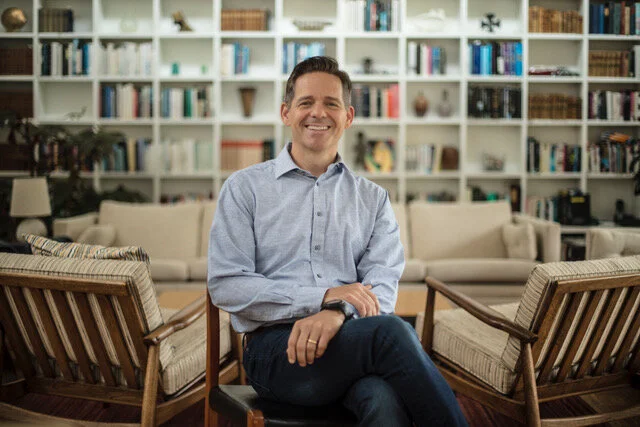Diderot and Charlie Parker: Invincible Spontaneity
What does 18th-century French philosopher Diderot have to do with the 20th-century genius of jazz improvisation Charlie Parker?
Ask Diderot’s biographer.
An 18th century giant of French philosophy, Denis Diderot was a polymath who wrote for posterity, according to Wesleyan University professor Andrew S. Curran in Diderot and the Art of Thinking Freely.
As Diderot’s thoughts are memorialized in his own words and in biographies such as Curran’s, Charlie Parker’s jazz genius is memorialized on record and in the memories of his contemporaries and those who are influenced by his improvisational grand mastery today. Bird’s artistic legacy remains for posterity.
Andrew S. Curran
I wouldn’t have necessarily related the two if it weren’t for Curran. In a New York Times interview with Curran about his Diderot bio, published a year ago, he’s asked: “Who is a creative person (not a writer) who has influenced you and your work?”
Curran’s response surprised and delighted me:
“One day in my early 20s, I was walking around the Paris Métro and I saw a cassette under a bench,” Curran recalled. “I picked it up and saw the name Charlie Parker on it. I didn’t know who Charlie Parker was. I took it back to my apartment and just fell in love with it. I listened to it thousands of times. It became a part of my brain.
He was a genius for sure, but in his first gig, the drummer got ticked off and threw a cymbal at him. He went back and worked at his craft. There’s something that anyone who’s a musician or a visual artist or a filmmaker can aspire to: that unbelievable spontaneity that comes from really knowing what you’re working with . . . he provides a model for hard work, initially, and later on, the kind of spontaneity that’s almost [invincible].”
Wow.
Digging Deeper
Let’s unpack a bit. The famous incident, with Papa Jo Jones hurling a cymbal at Parker’s feet, wasn’t his first gig. But that fact doesn’t change the truth found in the anecdote. Rather than allowing the embarrassing situation to cause him to weep or wither, Bird used this defining instance of antagonistic cooperation to drive him deep in the shed, to practice and practice and practice deliberately, to rise again and make his mark on the idiom and the world.
Bird wasn’t disciplined in many areas of his short life, but when it came to that saxophone, he’s a model of the individual excellence that’s a founding principle of the music and the ground upon which the ability to swing collaboratively on stage with others is built. The discipline and techne led to freedom and innovation, a spontaneity that in Bird’s case was astonishing.
The subtitle to this post, “Invincible Spontaneity,” comes from my taking poetic license with Curran’s quote as written in the Times. The interviewer wrote “invisible spontaneity.” I bet Curran said “invincible.” If he didn’t, my gut tells me he’d be cool with the revision.
Invincible spontaneity sounds to me like the improvisation of the gods. Such spontaneity as expressed by Parker on recordings which have become immortal demonstrates the enacted potential of human genius and creativity.
In what areas of our own lives will we strive to become masterful, to leave our marks on the script and narrative of human individuality and possibility?


